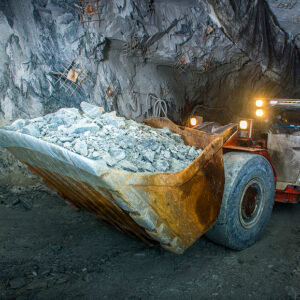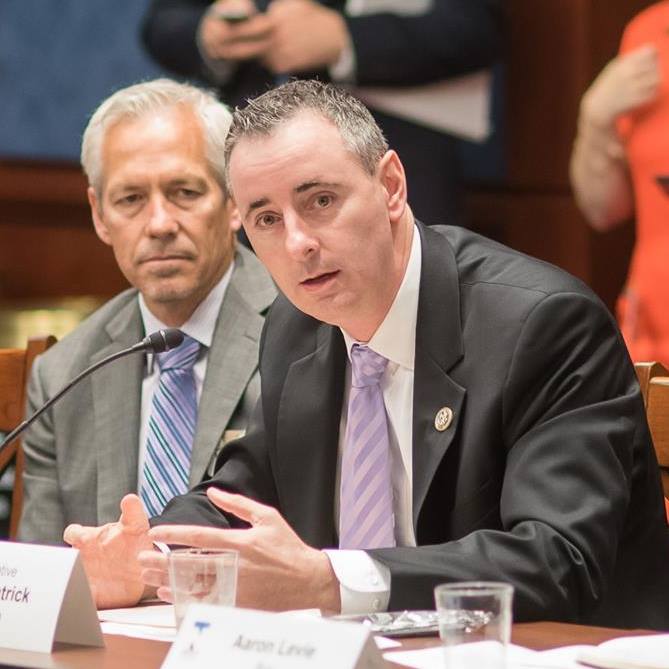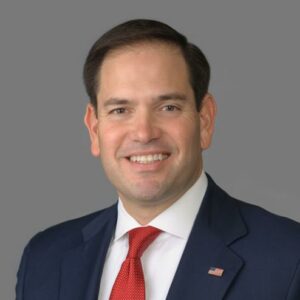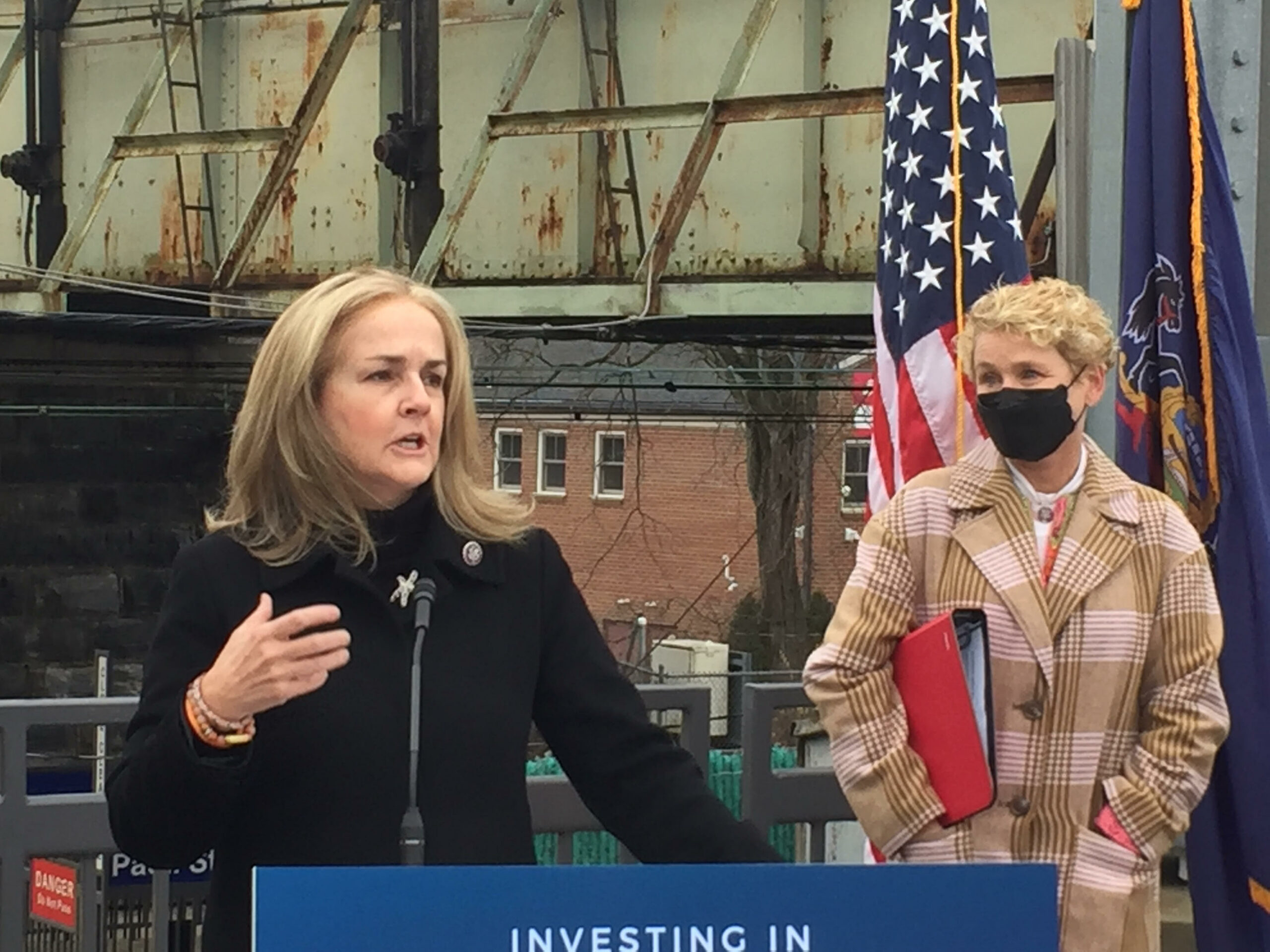MORENO: What We Must Do to Create a Secure Supply Chain for Rare Earth Elements

China’s strong hold on the supply chain for rare earth elements is well known.
Beyond stating that we need to shift our reliance on China and begin building robust domestic supply chains, what are the tangible, actionable steps that will get us there?
To minimize our dependency on China, which controls 85 percent of the world’s production of rare earth elements (REE), we need to explore alternative supply sources. Identifying and developing alternative mining sites or regions abundant in REEs yet underutilized could provide a much-needed diversification strategy.
Significant reserves of REE in the United States, Canada and Australia that remain largely untapped and present promising opportunities for exploration and development. Prominent REE mines in Australia include Mount Weld and Browns Range, while notable Canadian mines include Mount Pleasant and Strange Lake. In the United States, notable mines include the Mountain Pass Mine in California, historically one of the world’s largest producers of REE, and the Bokan-Dotson Ridge project in Alaska holds significant REE deposits.
Fostering international collaboration and trade agreements to diversify supply chains beyond a single dominant source is paramount for strengthening global REE market resilience.
Here’s the thing: All supply chains start with mining — because, of course, we need to secure the critical raw materials — but it’s not enough to get the materials; we also need processing facilities that can handle the materials in an environmentally sustainable way and at a competitive cost.
An issue in our existing REE supply chain is that we may be able to mine the materials, but then there is a lack of infrastructure for processing. As a result, much of our REE is sent to China for processing. Until we can address this chink in the chain, we will not see a completely secure and resilient national supply chain for REE.
In addition to increasing mining and processing capacity domestically, we must focus on technological innovation to improve processing efficiency and sustainability. Advancements such as novel extraction techniques, recycling technologies, and automation in processing facilities hold promise for reducing costs, minimizing environmental impacts and enhancing overall supply chain resilience.
Moreover, investing in specialized education and training programs focused on material processing is crucial for building a skilled workforce capable of innovating new technologies and processes to enhance supply chain resilience. By fostering collaboration between industry, academia and government, we can accelerate the development of sustainable and efficient methods for processing critical raw materials while mitigating environmental effects and ensuring long-term availability.
Addressing transparency and traceability issues in the REE supply chain is critical for ensuring ethical sourcing practices and mitigating risks associated with environmental degradation and human rights abuses. Initiatives such as blockchain technology for supply chain transparency and certification schemes for responsible sourcing can play a critical role in promoting accountability and trust across the supply chain.
Efficiently streamlining the permitting process for mining operations is another thing that is imperative to bolster the competitiveness of the Western mining sector. Governments must focus on developing regulatory frameworks that balance stringent environmental standards with expedited approval timelines.
Additionally, directing government funding toward research grants and tax incentives while fostering public-private partnerships is vital for catalyzing innovation within the mining industry.
Finally, addressing the environmental effects associated with REE mining and processing is crucial for sustainable supply chain management. Initiatives for environmental restoration, pollution prevention measures, and community engagement programs demonstrate a commitment to balancing economic development with environmental stewardship and social responsibility.
In the end, none of this change will happen overnight — it will be a gradual process that requires concerted efforts from governments, industry stakeholders and the public. However, committing to these tangible steps, we can lay the foundation for a secure and resilient national supply chain for REE.
It’s not just about reducing our dependency on external sources; it’s about fostering innovation, sustainability and long-term prosperity for future generations.
Please follow DVJournal on social media: Twitter@DVJournal or Facebook.com/DelawareValleyJournal





